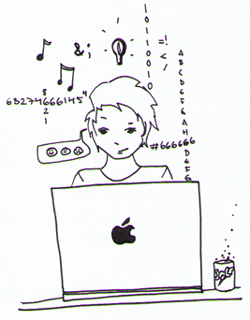The thing that interests me about this story is that the two mothers who didn't want their children indoctrinated were themselves Christians, but still got labelled as "atheists" by the bigots who ran the school.
The picture here seems a lot more complicated than atheism vs religion -- it's about the privatisation of religion and individual liberty vs state-sponsored religion.
Sociologists of religion (Heelas & Woodhead, The Spiritual Revolution, 2005) have identified four main categories of religious group, which "new" atheists would do well to take note of, since it seems counter-productive to lump all religionists in the same category - many people who practice a religion agree with atheists that secularism is a good thing.

Source: Spirituality in Counselling and Psychotherapy
By Dennis Lines
Published by SAGE, 2006
ISBN 1412919576, 9781412919579
Heelas and Woodhead also identify two main ways of engaging with spirituality: "subjective-life" in which the individual spiritual life is paramount; and "life-as" in which individuality becomes subsumed to the collective identity. These attract different types of people and have very different results. In the past, adherents of subjective-life spirituality were generally regarded as heretics and often killed or persecuted.
